Your Architect will guide you through the process from the very beginning all the way through and past the end of the project. This typically starts with questions during a phone call and moves into an on-site consultation all with your Architect. Once the project begins your Architect will work with you to develop the existing conditions so that the design process can begin. Then a back and forth, iterative process, begins to develop the design and create all of the design documents including; drawings, specifications, 3D models, and other media.
Once the design is complete your Architect will guide the estimation process and any communication with the build team including getting bids and estimates from subcontractors or suppliers (like cabinetry, mechanical, electrical, plumbing, and HVAC).
Throughout construction your Architect acts as your agent representing you and your interests to the build team. This includes the final steps including puchlist and handoff.
After the building is complete your Architect is your resource for any questions, follow-ups, and future design!
Once you are working with our Design-Build team the process typically follows the below timeline:
Design: 1-2 months (this can go faster if you use one our time-tested, client-approved, existing designs)
Estimating for permit submittal: 2 weeks
Permit document creation: 1 week
Permitting: 3 -4 months (this is a minimum from the City of Portland, other municipalities are different, and non-ADUs like home studios, home offices, and other works are much shorter).
Contract signing and project ramp-up: 2 weeks
Construction: 3 months
NOTE: SQFT Studios is a member of the Filed Issuance Remodeling (FIR) program and projects that are not ADUs are able to be permitted in the field and extremely rapidly.
An Accessory Dwelling Unit (ADU) is a separate living unit on a property that is typically smaller and secondary to the main dwelling. ADUs have grown in popularity in recent years due to their numerous benefits and positive impact on communities. Here are some of the key advantages of ADUs:
-
Increased housing options: ADUs provide additional housing units within existing neighborhoods, thereby expanding housing options without the need for extensive new construction. This is particularly valuable in areas where housing supply is limited or expensive, i.e. Portland, Oregon.
-
Affordable housing: ADUs can serve as affordable housing options for various demographic groups, such as young professionals, students, elderly individuals, or low-income families. These units offer a more affordable alternative to renting or purchasing larger homes.
-
Aging in place: ADUs allow older adults to age in place by providing them with a smaller, more manageable living space that is often located close to family members or support networks. This promotes independence and reduces the need for expensive assisted living facilities.
-
Rental income: Homeowners can benefit from additional income by renting out their ADUs. This helps offset housing costs, increases homeowners’ financial stability, and allows individuals to make the most of their property.
-
Sustainable development: ADUs encourage sustainable development practices by utilizing existing infrastructure, reducing the demand for new construction, and promoting efficient land use. They contribute to denser, walkable communities and can help alleviate transportation and environmental concerns.
-
Community integration: ADUs support intergenerational living and foster stronger community ties. They enable families to live in close proximity, facilitating caregiving, shared resources, and social connections among neighbors.
Overall, ADUs offer a range of benefits, including increased housing options, affordability, aging in place, rental income, sustainable development, and community integration. These units are a flexible and innovative solution to address housing challenges and enhance the quality of life in both urban and suburban areas.
ADU’s will receive a “B” address that allows the resident of the ADU to receive mail separately and to accommodate fire code requirements for emergency responders.
Clients have the option of separate cable & phone from the existing house, but typically we run ethernet from the house. A separate router can be added if desired. Garbage and recycling are combined for the property.
Typically we try to connect the sewer inside the existing house basement or crawlspace. If that is not possible, we will try to connect the lines in the yard. Avoiding a secondary sewer connection in the street is important because that is much more expensive. Similarly, water, electrical, & gas can other be connected to the existing house’s utilities. Often, water service and electrical services need to be upgraded to meet the new increased demand.
Our primary service area is the Portland Metro Area, including Vancouver. Our architect is licensed in both Oregon and Washington so we also take on projects throughout all of Oregon and Washington on a case-by-case basis.
Yes, but marginally. We encourage you to call the Oregon Department of Revenue to receive more specific information before engaging in any construction project.
ADUs will increase the value of your home greatly over the lifetime of the building. However, like any construction project, it will take some time for the property value to match and eventually exceed the initial investment.
The amount you can collect in rent is based on some obvious factors like: number of bedrooms and bathrooms as well as square footage. In addition, the location or neighborhood will play a factor. Searching in “Apartments/housing for rent” at portland.craigslist.org yielded the following results:
(Updated October 2022)
- Beautiful & Modern Brand New 1br/1ba ADU in Woodstock Neighborhood = $1,800/mo (600 sq/ft)
- Beautiful ADU 2br/2ba in Cully/Beaumont = $2,045/mo (800 sq/ft)
- Brand New 2br/1/ba in Oak Grove = 2,000/mo (748 sq/ft)
- Garage Apartment in Ladd’s Addition 0br/1ba = $1,100 (350 sq/ft)
At the time of the most recent update there was not a lot of inventory of ADU rentals. They seem to go quickly and command rent equivalent to traditional apartments.
ADUs can be designed into most properties, including being built into the setbacks. Typical properties in Portland are well-suited for ADUs.
The greatest benefit to a combined design and build firm is that the client is able to receive a higher quality building for a lower cost. This is possible because the design team has direct feedback from the builders on what methods and building products work the best, and builders can directly communicate with the designers for any clarifications during the building process. Selected materials are always of high quality, and more clarity during the building process results in fewer labor hours.
ADUs vary in cost based on the size and amenities of the structure
- from $125,000 for a studio space with a bathroom
- from $175,000 for a one-bedroom, one-bathroom with an efficiency kitchen
- from $225,000 for a one-bedroom, one-bathroom with a full kitchen
- From $200,000 for a garage conversion
We have built numerous ADUs, Guest Suites, Custom ADUs, and Converted Garages to ADUs, the project budget can shrink or expand based on the project scope.
An ADU might be smaller than a typical house but that doesn’t mean it’s lacking in amenities. Our ADUs are designed and built with kitchens, bedrooms, bathrooms, lofts, offices, living, dining and, entertaining areas.
As of July 1, 2018 ADUs are allowed on residential properties within most Oregon cities and counties. The right to build is ultimately based on local regulations and building codes. The size and location are typically the factors that drive the answer to this question. SQFT Studios is well versed in building code and zoning regulations for Oregon so feel free to contact us with your question and the address where your ADU project is proposed.
ADUs are popular for many reasons.
- Any homeowner becomes a developer on their own lot.
- ADUs add more usable space to your property.
- ADUs have rental potential and with that comes increased cash flow!
- ADUs are great for multi-generation living
An Accessory Dwelling Unit (ADU) is a second structure on a lot with an existing house. It can be attached, a tiny home, or a second structure which is usually smaller than the existing home. Some choose to convert existing garages as well.




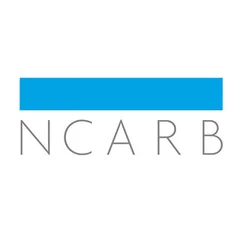
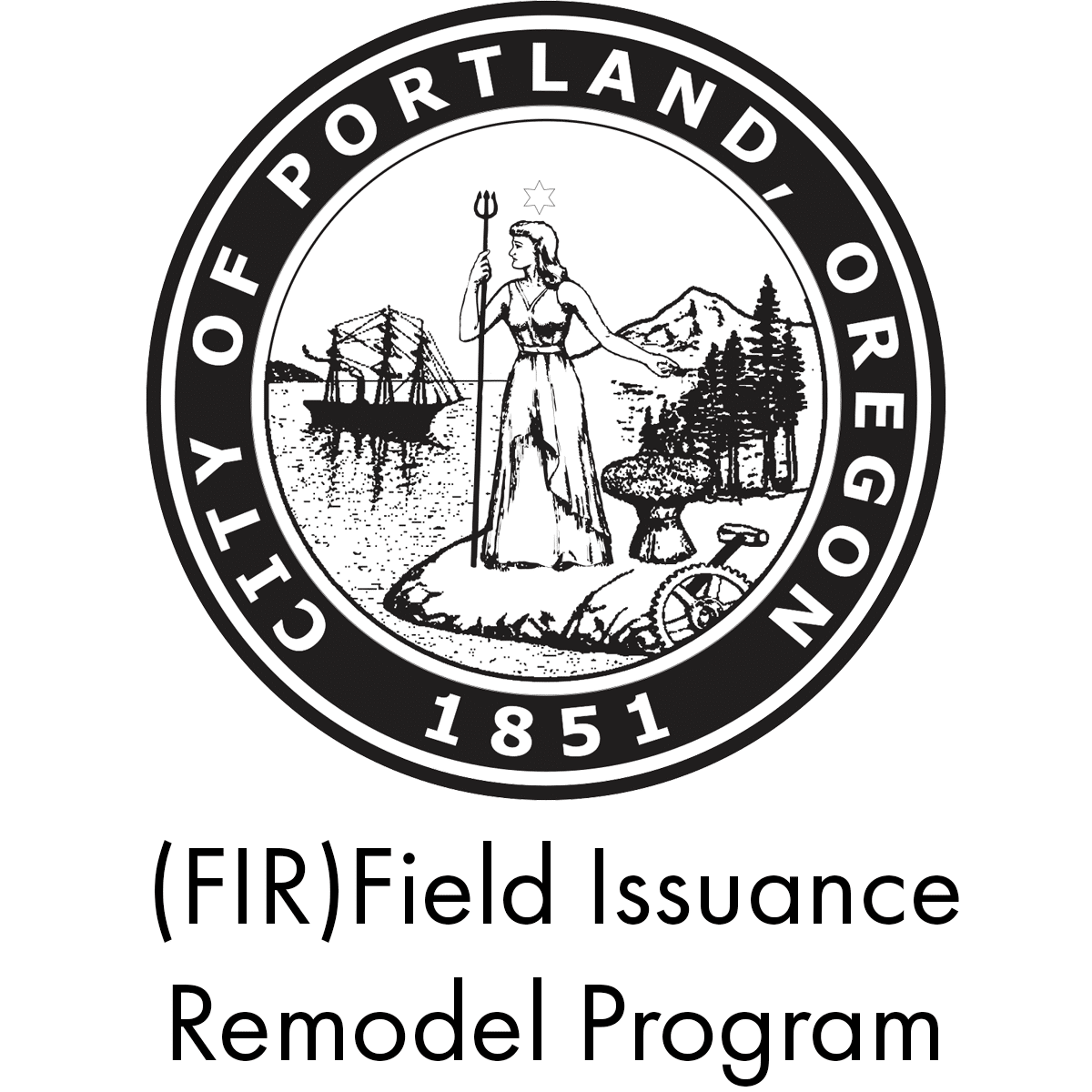
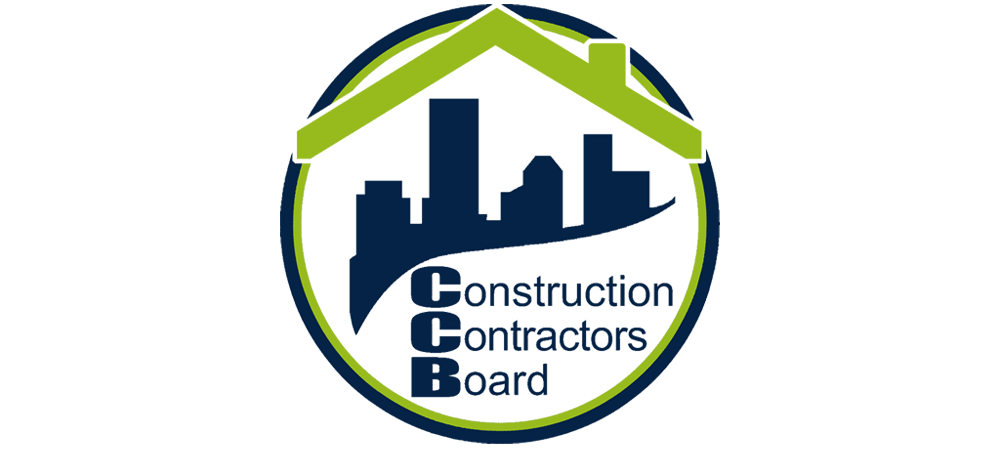




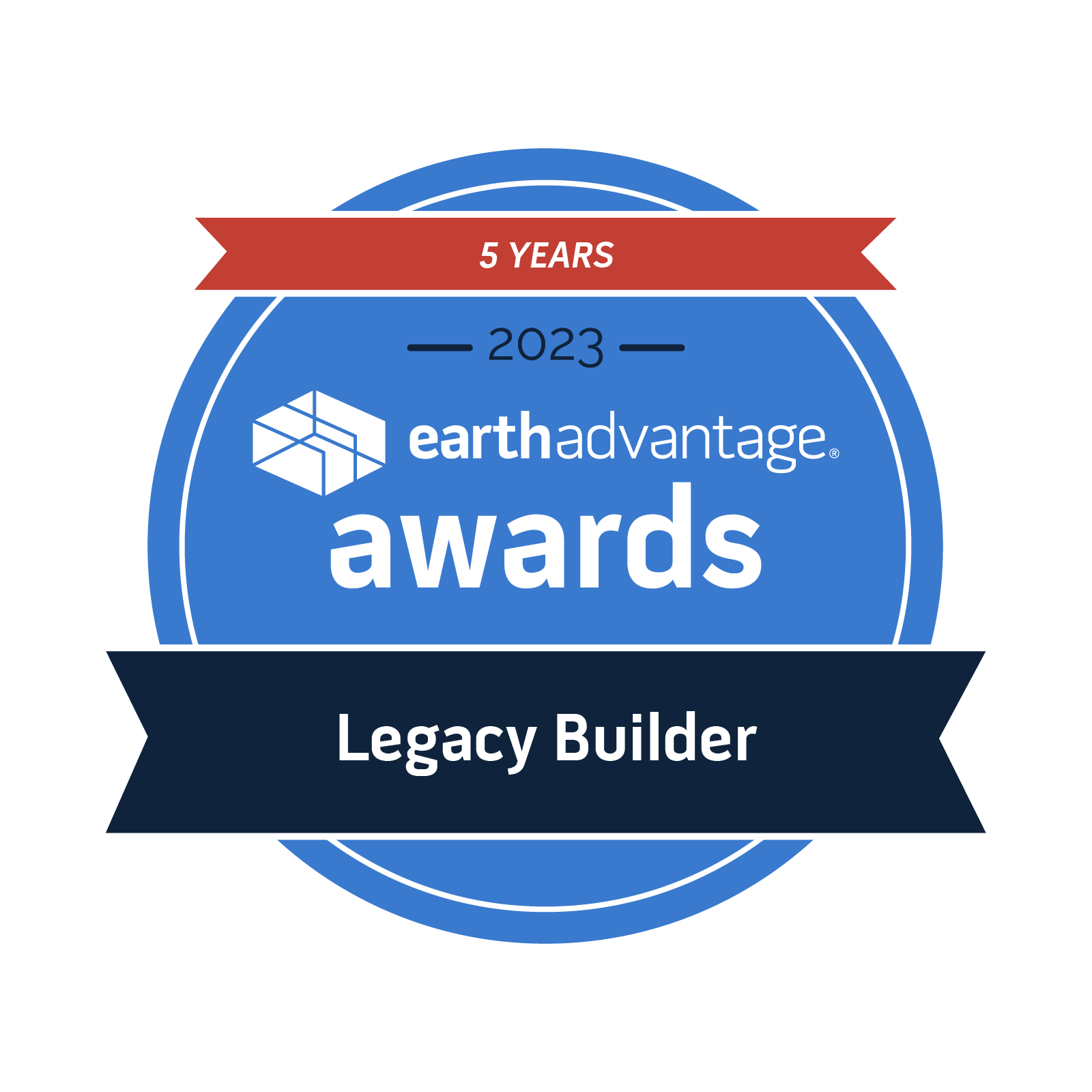


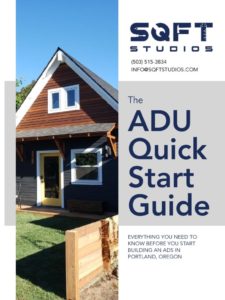 Download our ADU Quickstart Guide and learn about the features and benefits and ADU can provide to your existing property.
Download our ADU Quickstart Guide and learn about the features and benefits and ADU can provide to your existing property.